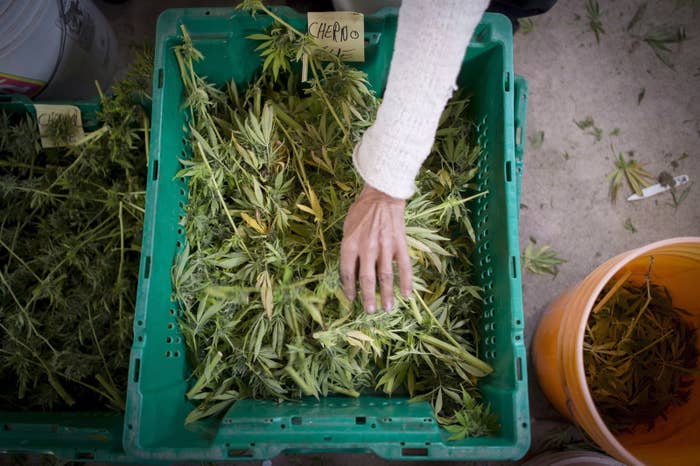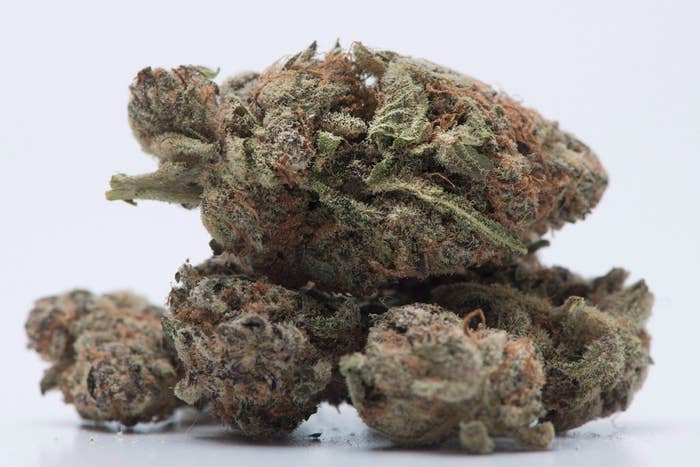
The Canadian government is just months away from opening its first fully legal recreational cannabis market, and yet, despite some projections to the contrary, Ottawa says it doesn’t expect a windfall from the new tax revenues.
New estimates from the federal government suggest that Canada is quite pessimistic about the prospects of its impending legal marijuana market. Tucked inside its 2018 budget, released in February, Prime Minister Justin Trudeau's government stated that, for all the fanfare around the soon-to-be-open market, it is expected to pull in just $35 million in revenue this fiscal year.
Pot is expected to become legal four months into the fiscal year, in July. In its first full year of legality, the Trudeau government expects to raise $100 million.
Canada’s cannabis tax works out to either $1 per gram, or 10% of the cost of the weed, whichever is larger. Of the revenue collected on that, three-quarters would go back to the provinces, which are responsible for administering the market, while the government in Ottawa would keep the other quarter. So, for the first year of legalization, all levels of government will collect about $140 million in excise taxes.
Ottawa plans to cap its own revenue at $100 million for the first two years, handing off the excess to the provinces.
If that seems low, that’s because it is. Tobacco excise taxes pull in north of $3 billion each year, according to Physicians for a Smoke Free Canada.
If independent projections are correct, Canada will be consuming between 650 and 750 metric tonnes of marijuana every year — that’s roughly $6 billion a year.
By comparison, Colorado collects about $66 million per year from its own marijuana excise tax, which is slightly higher than Canada’s proposed rate. In other words, despite being seven times larger than the state, Canada expects to raise just over half of what Colorado raises in a year.

There’s an interesting reason why.
A breakdown of the budget numbers, provided to BuzzFeed News by Canada’s Finance Department, shows that the government projects its legal system will meet just 25% of total demand in the first month of operation, rising to 40% in its first full year, and 75% by 2022. In other words, Ottawa expects — at least for the purpose of projecting its own revenues — that the illegal cannabis market will continue to thrive.
The projections might be a bit conservative, but they’re not necessarily off.
A report by the Parliamentary Budget Officer estimated that, should Ottawa try and set the price per gram, through taxes, at a dollar more than the black market price — say, $9.13 per gram, compared to $8 — it should expect to only capture some 60% of the country’s overall demand.
The whole thing shows how hard it is for governments to figure out the nitty gritty of marijuana legalization. But it also suggests that Canada might be a bit modest about its own revenue expections from legalizing the drug.
